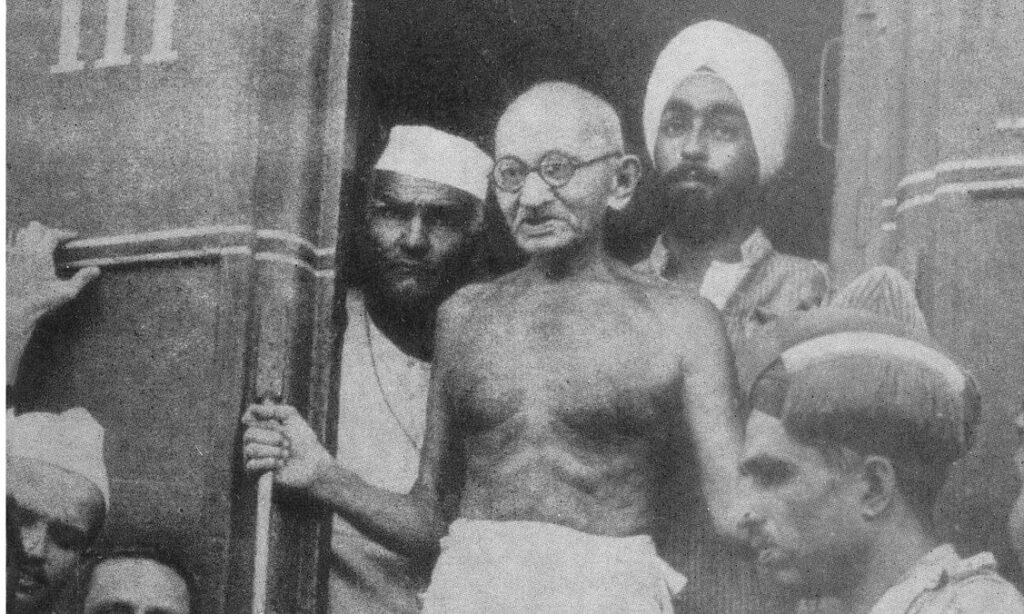
Mahatma Gandhi, the father of the Indian nation, stands as an iconic figure in the annals of history. His life, philosophy, and tireless efforts for India’s independence have left an indelible mark on the world. In this blog post, we delve into the profound legacy of Mahatma Gandhi, exploring the principles of nonviolence, his role in the Indian independence movement, and the enduring impact of his teachings on the global stage.
Mahatma Gandhi, born on October 2, 1869, in Porbandar, India, is revered as the father of India’s independence and a global symbol of nonviolent civil disobedience. His life and philosophy have left an indelible mark on the world, inspiring movements for civil rights, freedom, and justice.
Early Life and Legal Career: Gandhi was born into a devout Hindu family and later studied law in London. Returning to India, he practiced law in South Africa, where he first experienced racial discrimination. These experiences laid the foundation for his commitment to social justice.
Satyagraha: Gandhi’s philosophy of nonviolent resistance, known as “Satyagraha,” was central to his approach. He believed in the power of truth and love to overcome injustice. The Salt March in 1930, where he led thousands on a 240-mile journey to protest British salt taxes, exemplifies his commitment to nonviolence.
Indian Independence Movement: Gandhi’s leadership in India’s struggle for independence was pivotal. His call for non-cooperation, civil disobedience, and peaceful protests mobilized millions. The famous Dandi March against the British salt monopoly became a turning point, galvanizing support for the independence movement.

“Be the change that you wish to see in the world.”
“An ounce of patience is worth more than a tonne of preaching.”
“In a gentle way, you can shake the world.”
“The greatness of a nation and its moral progress can be judged by the way its animals are treated.”
“A man is but a product of his thoughts. What he thinks he becomes.”
“Happiness is when what you think, what you say, and what you do are in harmony.”
“The weak can never forgive. Forgiveness is the attribute of the strong.”
“You must not lose faith in humanity. Humanity is an ocean; if a few drops of the ocean are dirty, the ocean does not become dirty.”


